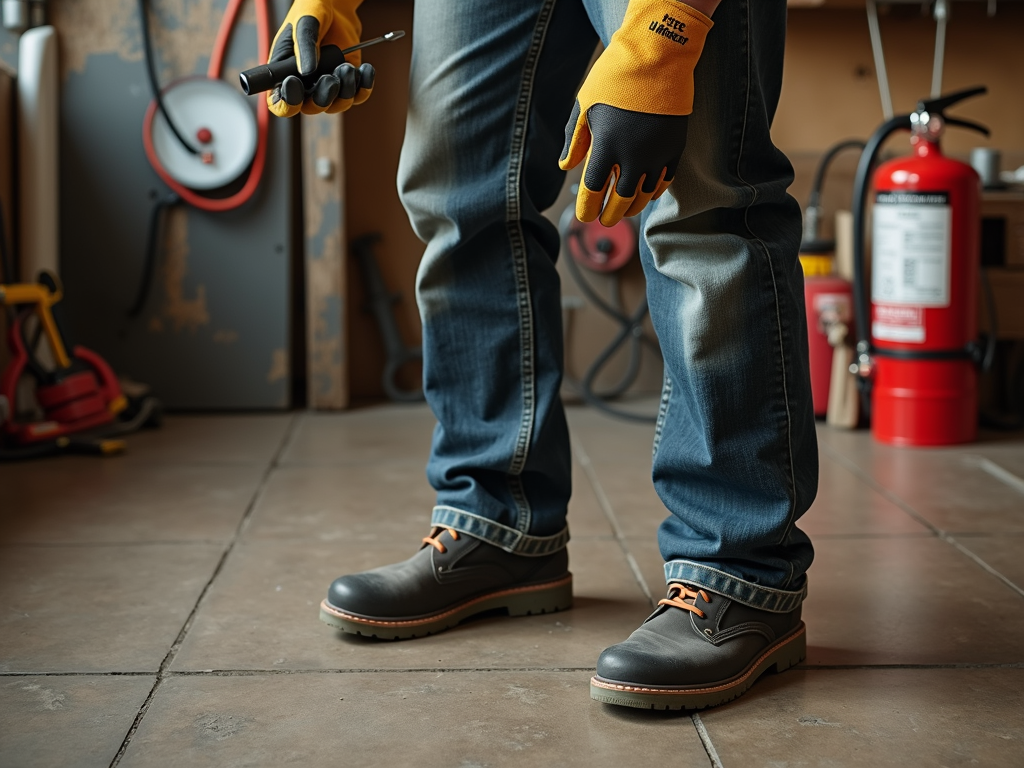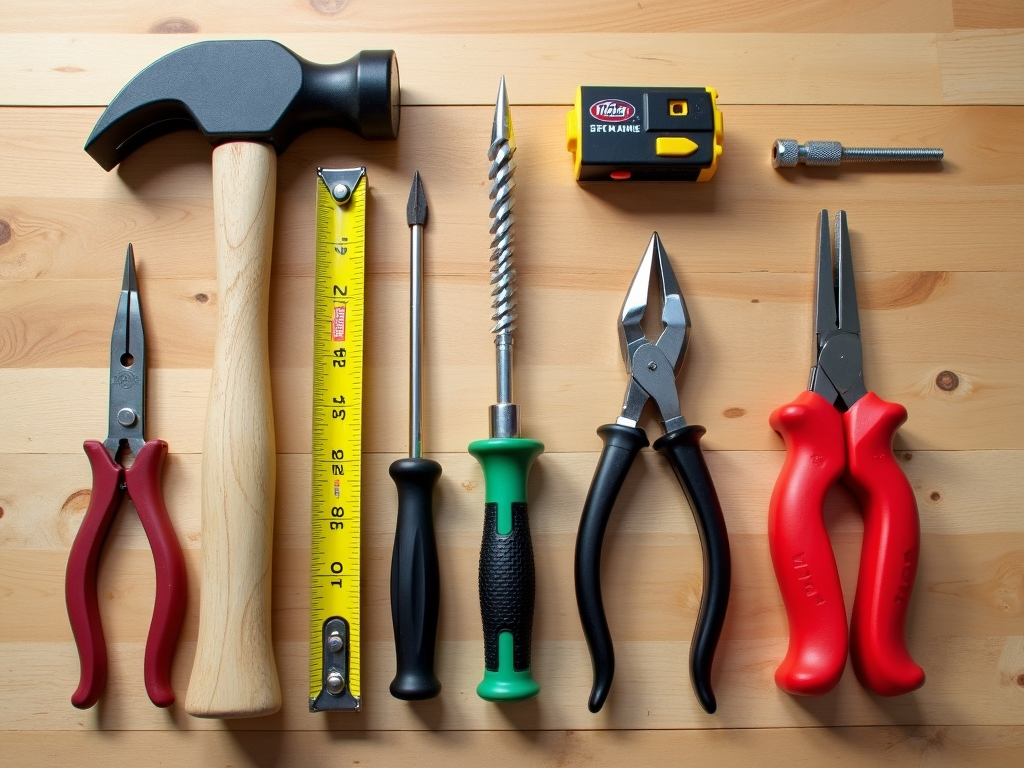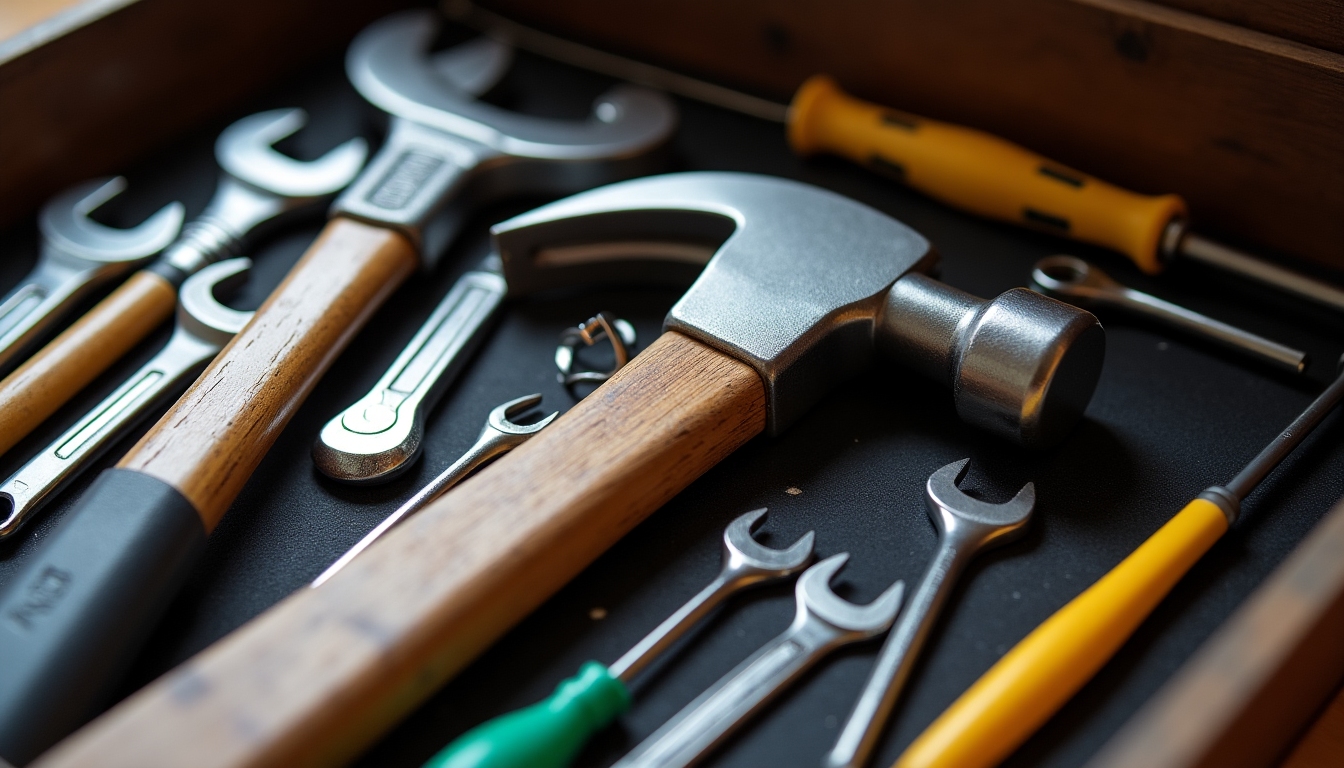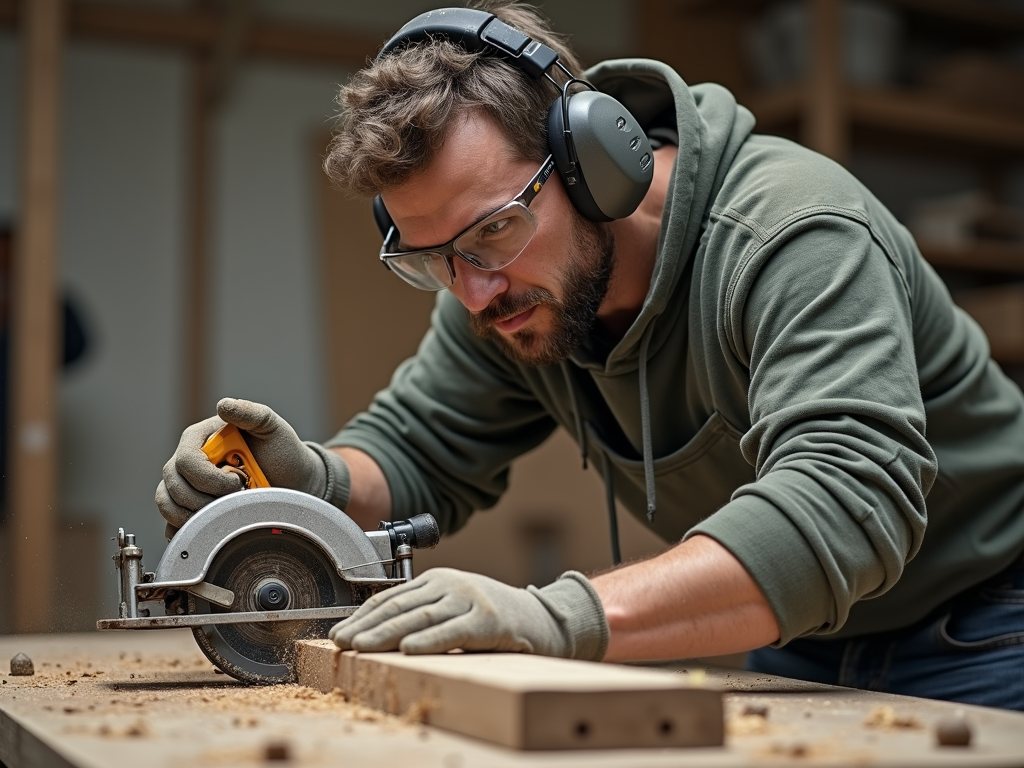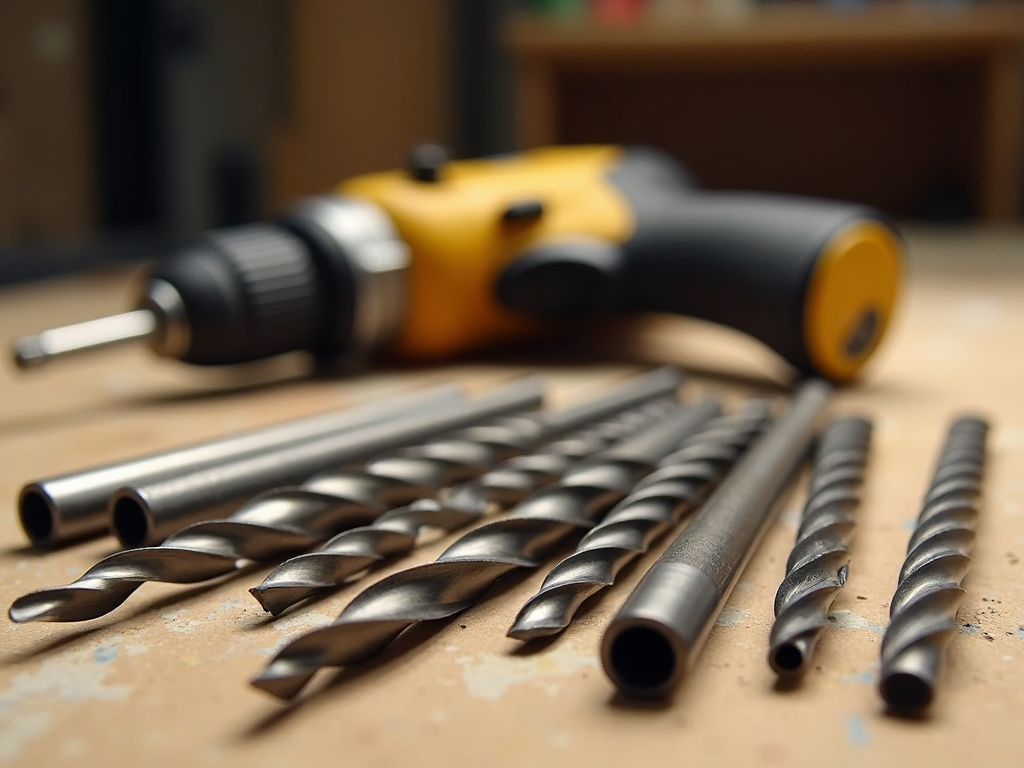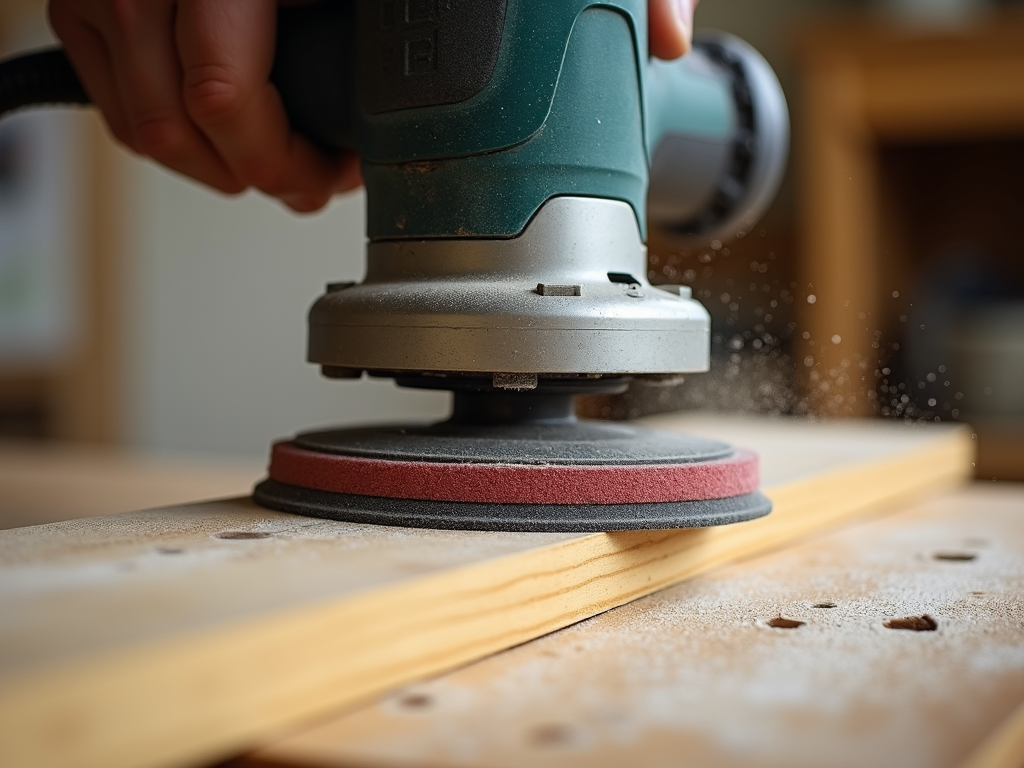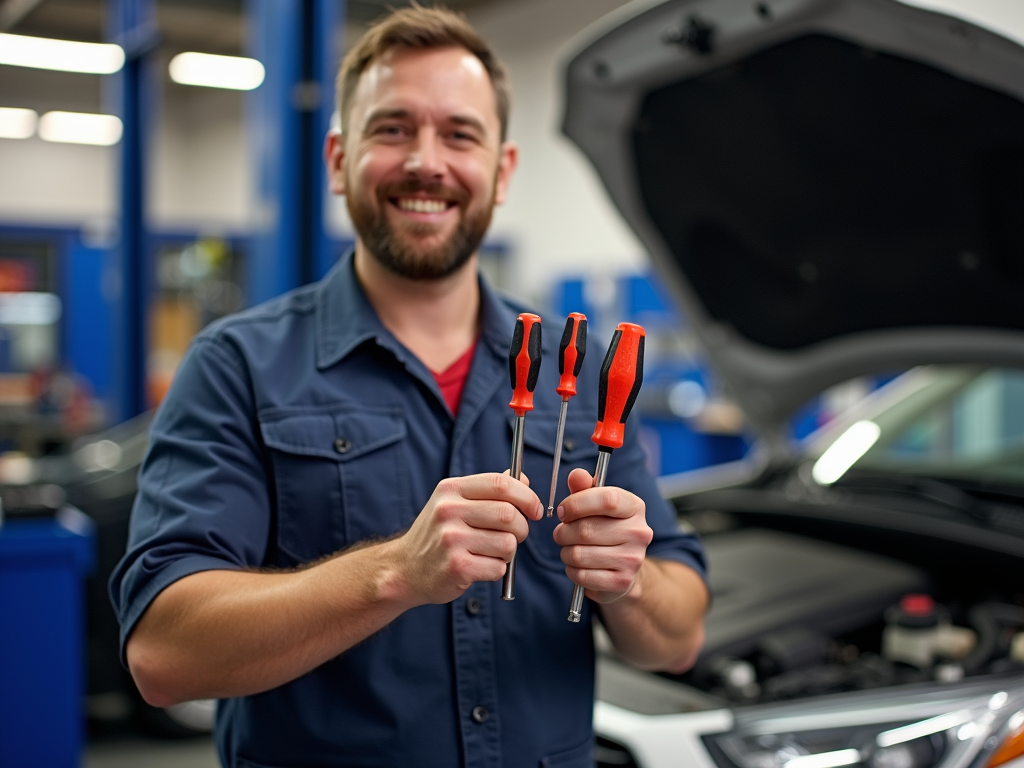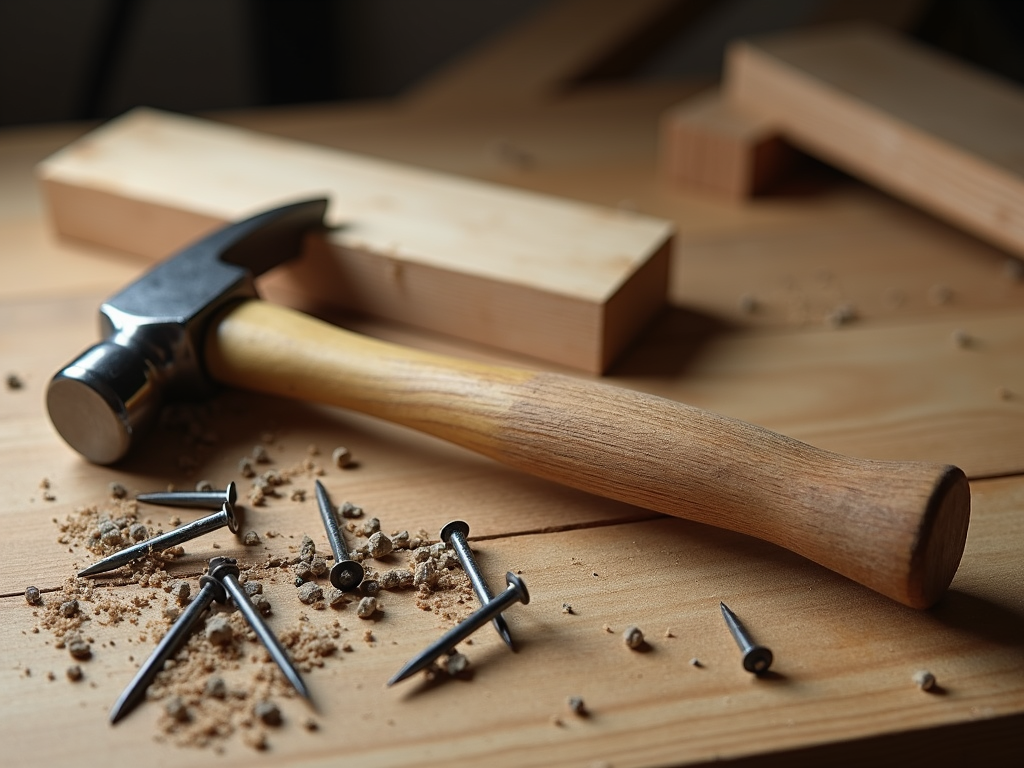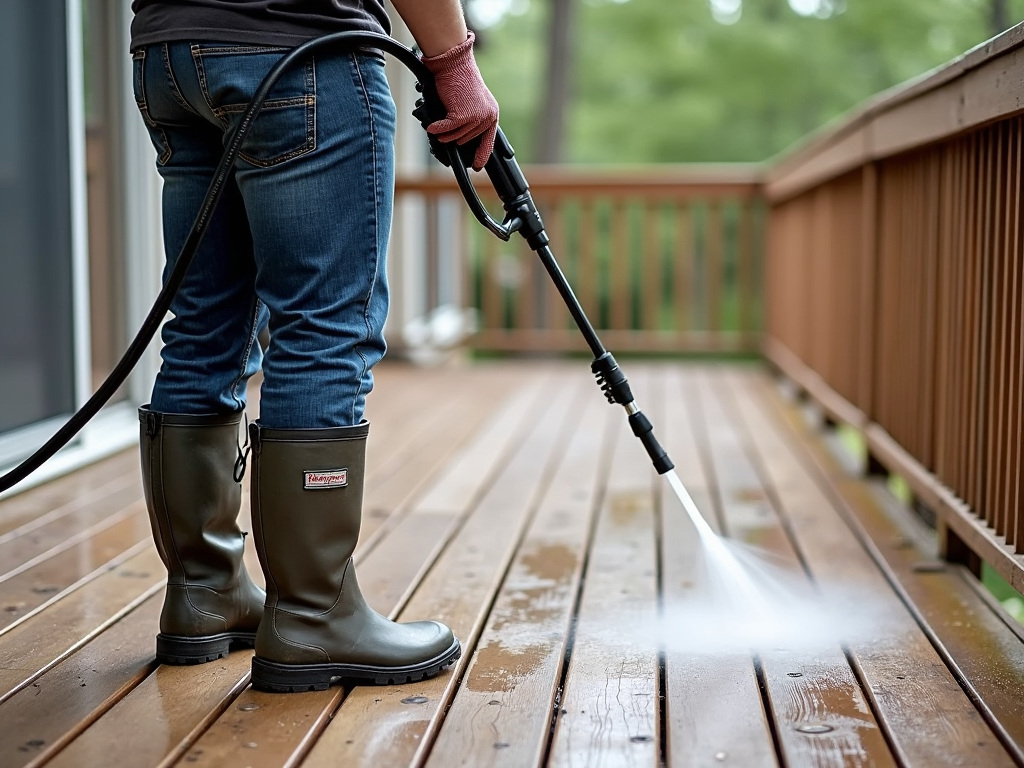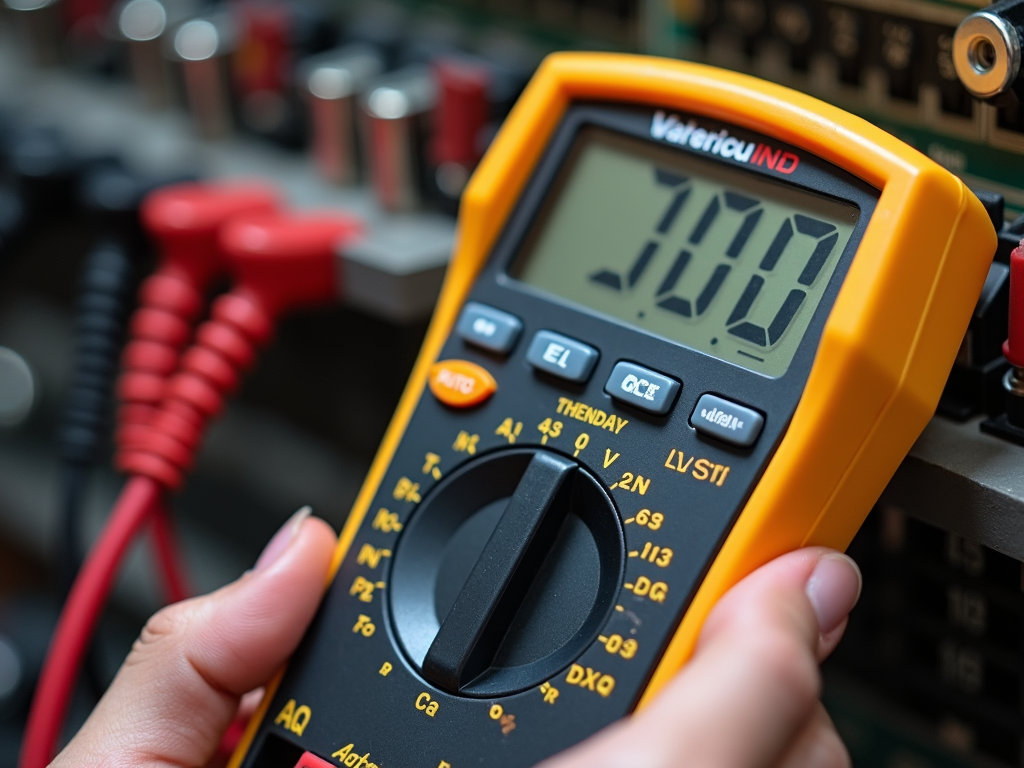Whether you're a professional electrician, a DIY enthusiast, or a student learning about electronics, a multimeter is an indispensable tool in your toolkit. This versatile device allows you to measure voltage, current, resistance, and other electrical parameters, helping you diagnose and troubleshoot electrical issues. However, with so many options available, choosing the right multimeter can be overwhelming. In this comprehensive guide, we'll walk you through the key factors to consider when selecting a multimeter, ensuring you find the perfect tool for your specific needs.
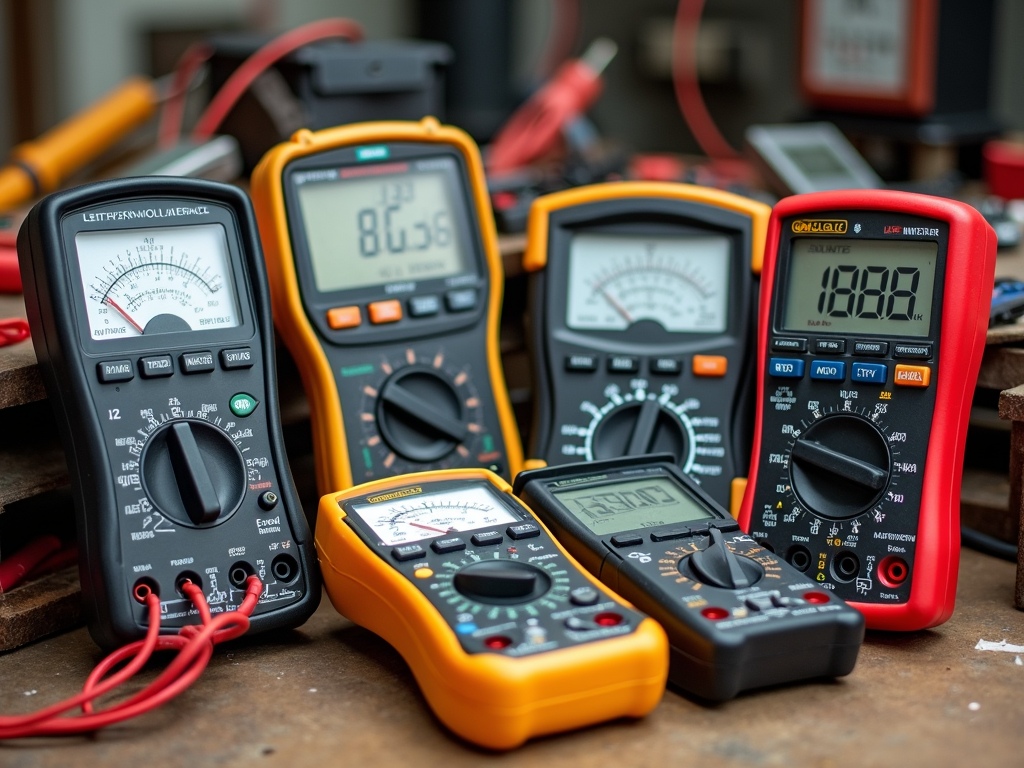
When I first started working with electrical systems, I was intimidated by the array of multimeters available. I remember standing in the hardware store, staring at the shelves, unsure of which one to pick. Over the years, I've learned that choosing the right multimeter depends on several factors, including the type of work you'll be doing, your level of expertise, and your budget.
First, let's talk about the two main types of multimeters: analog and digital.
Analog multimeters have been around for decades and use a needle to indicate measurements on a scale. They're often less expensive than digital models and can be more durable in certain environments. However, they require more skill to read accurately, especially for precise measurements.
Digital multimeters, on the other hand, display measurements numerically on an LCD screen, making them easier to read and more accurate for most users. They also often come with additional features like auto-ranging, which automatically selects the appropriate measurement range, saving time and reducing the risk of errors.
For most users, a digital multimeter is the way to go. They're more user-friendly and offer better accuracy for a wide range of applications. However, if you're working in environments with strong electromagnetic fields or need a more rugged tool, an analog multimeter might be a better choice.

Now, let's discuss the key features to look for in a multimeter.
Accuracy is paramount when it comes to electrical measurements. Look for a multimeter with a high accuracy rating, typically expressed as a percentage of the reading plus a number of digits. For example, an accuracy of ±0.5% + 2 digits means the measurement could be off by 0.5% of the reading plus two units in the last digit.
Range and resolution are also important. The range determines the maximum and minimum values the multimeter can measure, while resolution refers to the smallest change in measurement that can be detected. Make sure the multimeter you choose has a range and resolution suitable for your needs.
Safety should never be overlooked when working with electricity. Look for a multimeter with appropriate safety ratings, such as CAT III or CAT IV, which indicate the level of protection against transient voltages. Additionally, ensure the multimeter has features like fused inputs and insulated test leads to minimize the risk of electrical shock.
Depending on your specific applications, you might also want to consider additional features. For example, if you work with AC circuits, a multimeter with true RMS (Root Mean Square) measurement capability will provide more accurate readings for non-sinusoidal waveforms. If you need to measure temperature, look for a multimeter with a built-in thermometer or the ability to connect a temperature probe. Data logging features can be useful for recording measurements over time, especially for troubleshooting intermittent issues.
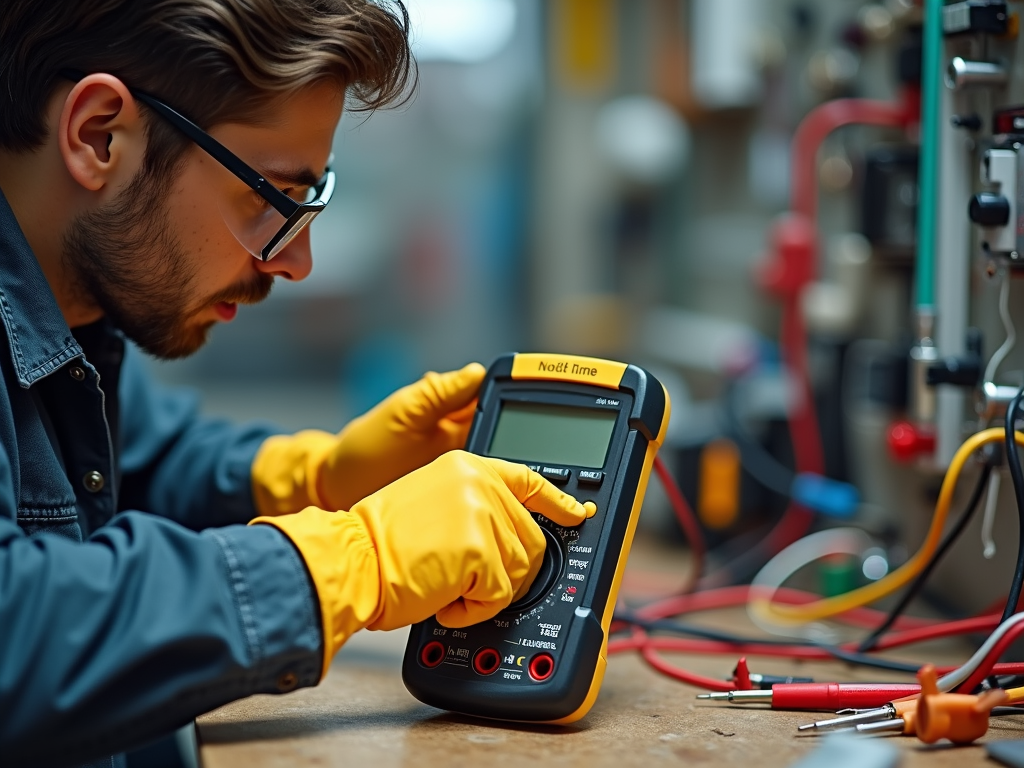
Now, let's consider your level of expertise and intended use.
If you're a beginner or a hobbyist, you might not need all the bells and whistles of a professional-grade multimeter. A basic digital multimeter with auto-ranging and essential measurement functions (voltage, current, resistance) should suffice for most DIY projects. Look for a model that's easy to use and comes with clear instructions.
For professional electricians or engineers, a more advanced multimeter with a wider range of features and higher accuracy might be necessary. Consider models with additional measurement capabilities, such as capacitance, frequency, or duty cycle, as well as advanced functions like min/max recording or peak hold.
Budget is another important factor. Multimeters can range from under $20 to several hundred dollars, depending on their features and quality. While it's tempting to go for the cheapest option, investing in a reliable, high-quality multimeter can save you money in the long run by providing accurate measurements and lasting longer.
When I was starting out, I made the mistake of buying a cheap multimeter that didn't last long and gave inconsistent readings. After that experience, I decided to invest in a mid-range model from a reputable brand, and it has served me well for years.
Speaking of brands, it's worth considering well-known manufacturers like Fluke, Klein Tools, or Extech, as they have a reputation for producing reliable, high-quality multimeters. However, there are also many lesser-known brands that offer good value for money, so don't be afraid to do some research and read reviews before making a decision.
Now, let's talk about safety. Using a multimeter involves working with live electrical circuits, which can be dangerous if proper precautions aren't taken. Always make sure you understand how to use the multimeter correctly and follow safety guidelines, such as wearing appropriate personal protective equipment (PPE) and de-energizing circuits when possible.
I remember a time when I was troubleshooting a circuit and accidentally set the multimeter to the wrong function, which could have resulted in a short circuit. Fortunately, I double-checked my settings before proceeding, avoiding a potentially dangerous situation. This experience taught me the importance of always verifying your multimeter's settings before taking measurements.
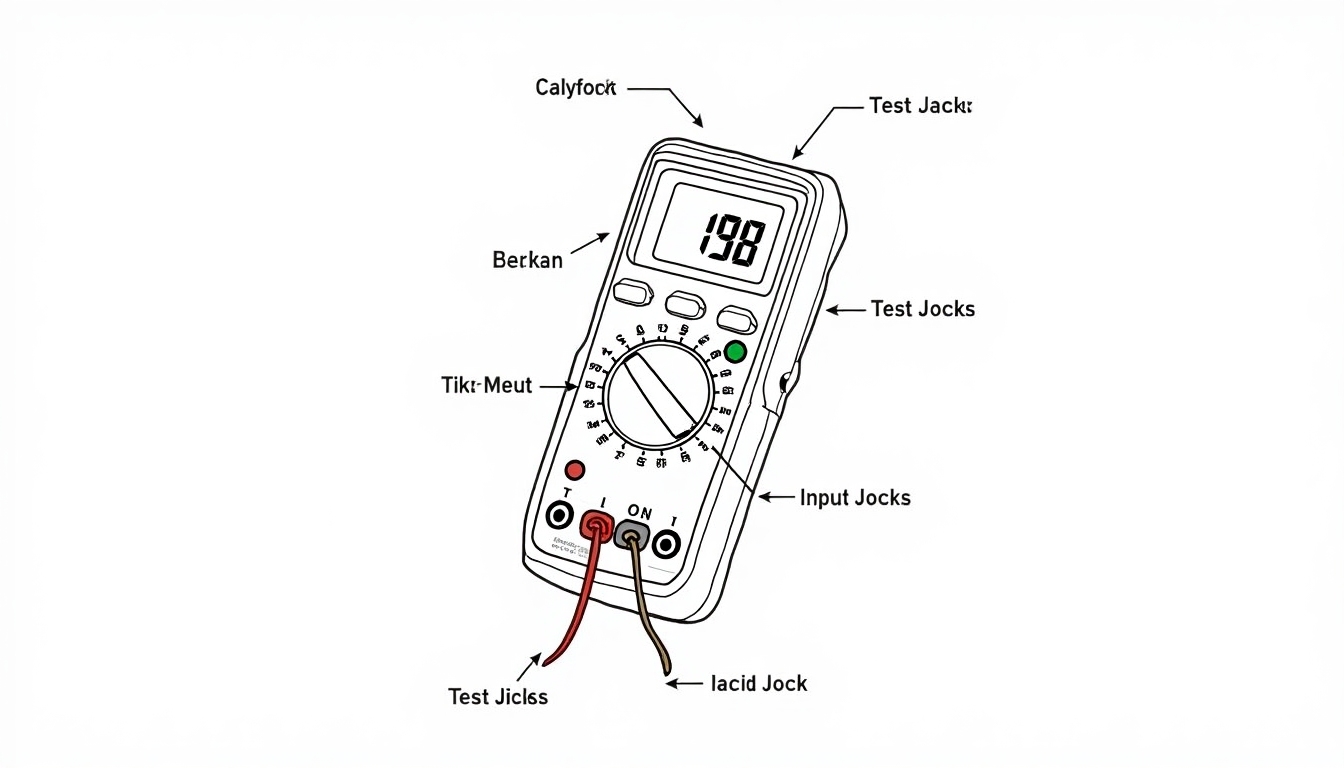
In addition to the multimeter itself, you'll also need to consider the accessories that come with it, such as test leads, probes, and clips. Make sure the test leads are of good quality and rated for the voltage and current you'll be working with. Some multimeters also come with additional accessories like thermocouples or carrying cases, which can be useful depending on your needs.
Now, let's think about some specific scenarios and the type of multimeter that might be best suited for each.
For automotive work, you might need a multimeter with a high current range for measuring starter currents or a tachometer function for measuring engine RPM. Some multimeters are specifically designed for automotive applications and come with features like dwell angle measurement or pulse width measurement for fuel injectors.
If you're working with HVAC systems, a multimeter with temperature measurement capabilities and a microamp function for testing flame sensors would be beneficial.
For electronics hobbyists or students, a multimeter with a transistor test function or a continuity buzzer can be helpful for testing components and circuits.
No matter what your specific needs are, taking the time to research and choose the right multimeter will pay off in the long run. A good multimeter is an investment that can last for years and help you tackle a wide range of electrical projects with confidence.
Summary:
Choosing the right multimeter involves considering several factors, including the type of multimeter (analog or digital), key features like accuracy, range, and safety ratings, your level of expertise and intended use, and your budget. Digital multimeters are generally more user-friendly and accurate for most users, while analog models might be preferred in certain environments. Look for a multimeter with the features you need, from a reputable brand, and always prioritize safety when working with electricity. By taking the time to select the right tool for your needs, you'll be well-equipped to handle any electrical project that comes your way.
Related Choosing the Right Multimeter for Your Needs:
- Electrical Safety Tips for DIY Enthusiasts: A Comprehensive Guide
- Organizing Your Toolbox: Tips and Tricks for Every Handyman
- The Importance of Quality Tools in DIY Projects
- Essential Chisels in a Woodworker’s Toolkit: Your Guide to the Best Tools
- Essential Safety Tips for Your Home Workshop
- Stay Safe: Essential Safety Practices for Workman Tools
- Picking the Perfect Drill Bit for Any Job
- Unleash Your Creativity: Rotary Tools for Sanding, Polishing, and Beyond
- The Ultimate Guide to Hand Tools Every Mechanic Needs
- Top 10 Hand Tools Every Workman Should Own
- How to Choose the Right Power Washer for Your Needs
- Essential Electrical Tools for Troubleshooting and Repair: A Comprehensive Guide
